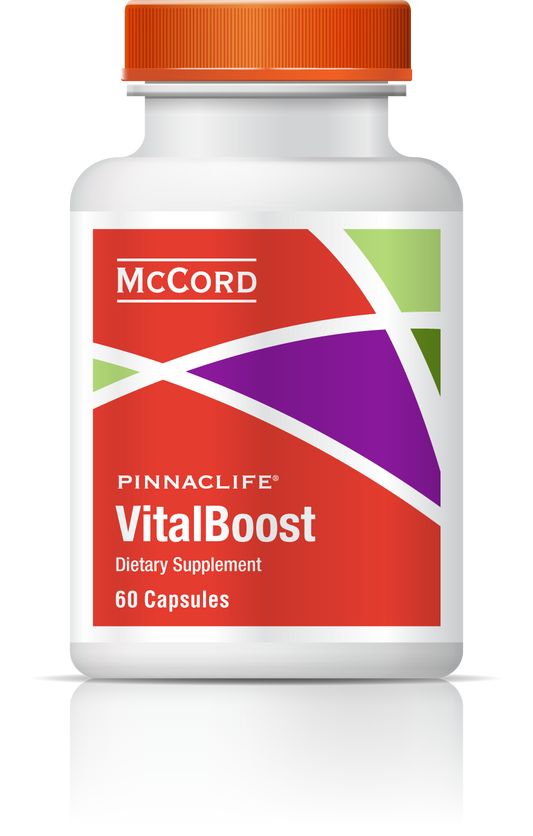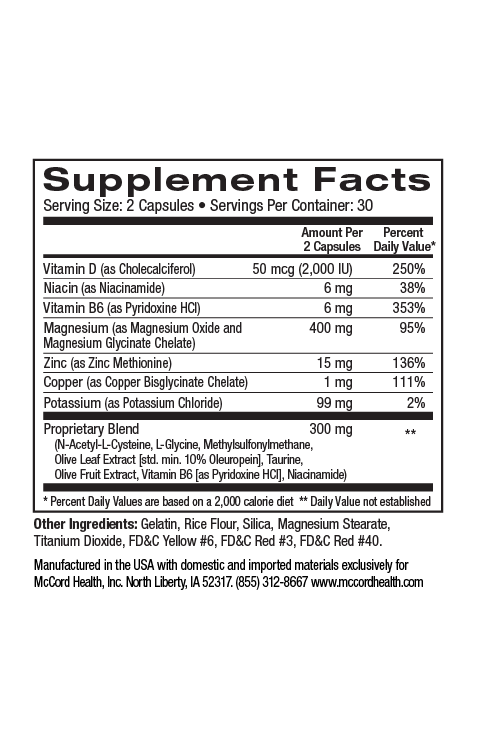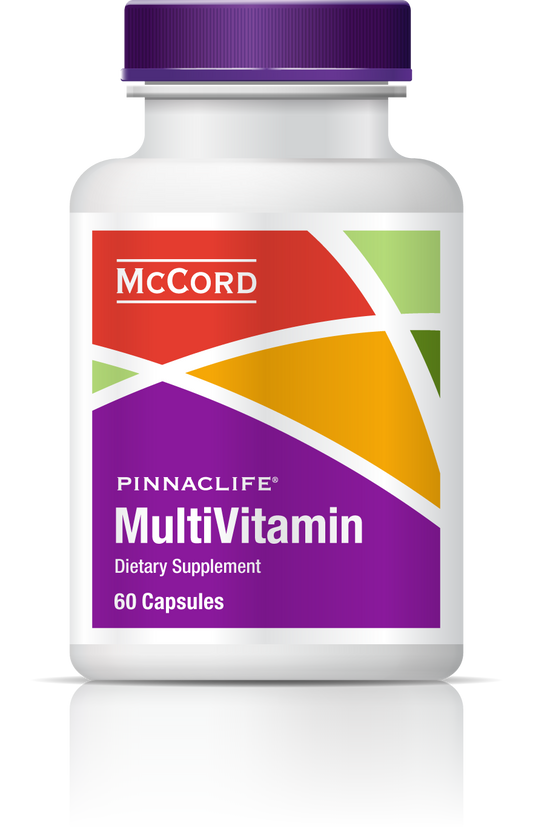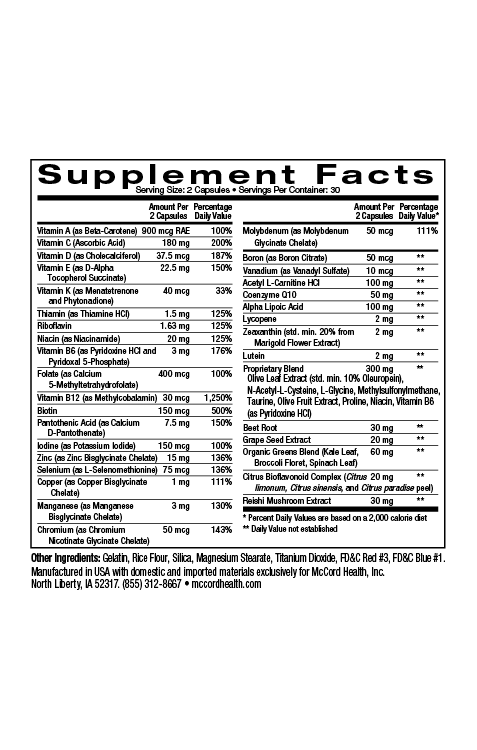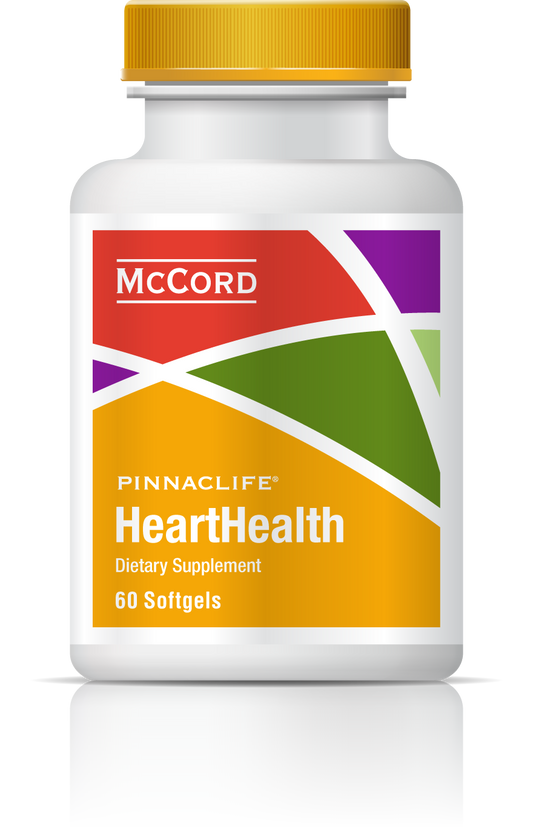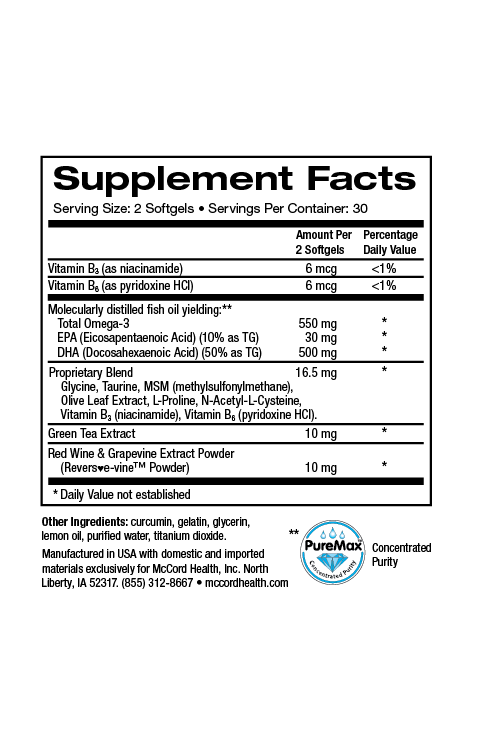Your body constantly needs vitamins, minerals, amino acids, & other nutrients from the diet to satisfy metabolic needs. If you don't consume enough micronutrients, you develop nutrient and vitamin deficiencies that contribute to health problems & disease. Supplementing vitamins and minerals helps nourish the body and prevent nutritional vitamin deficiency.
- Your body constantly needs a supply of vitamins, minerals, and other nutrients from the diet to satisfy its metabolic needs
- Low nutrient intakes may not cause outright clinical deficiencies but could still have negative impact on health over the long-term
- National surveys indicate most people are at risk of nutrient deficiencies based on the standard American diet
- Some special diets people follow may create additional nutrient gaps that contribute to nutrient deficiencies
Your Body Needs Vitamins, Minerals, and Other Nutrients
Nutrition and diet advice tends to focus a lot on macronutrients like fat, carbohydrates, and protein, but it is important to consider your daily dietary intake of micronutrients like vitamins, minerals, antioxidants, and amino acids to be sure you are providing your body with essential nutrients. When you do not obtain enough of these nutrients over an extended period of time, the body becomes deficient and this can have negative impacts throughout the body.
Acute vitamin deficiency vs. chronic vitamin deficiencies
When discussing the subject of nutrient and vitamin deficiency, it is important to distinguish between acute and chronic deficiencies. Acute nutritional deficiencies, also called short-latency deficiencies, can develop over a relatively short period of time because of severely limited nutrient intake.
An example of this is when sailors would develop a condition called scurvy after months at sea with no access to vitamin C from fresh fruits and vegetables. Acute vitamin deficiencies are most common in severely impoverished areas that have limited or inconsistent access to nutrient rich foods. Other types of acute deficiencies include conditions like:
- Pellegra (niacin)
- Beri-beri (thiamine)
- Pernicious anemia (Vitamin B-12)
- Rickets (Vitamin D)1,2
People suffering from these conditions have severe nutrient deficiencies and the effects are dramatic and often debilitating.
Chronic / Long-Latency Nutrient and Vitamin Deficiency
In comparison, chronic nutritional deficiencies (long-latency deficiencies) occur over years and decades of inadequate dietary intake of micronutrients. People with chronic deficiencies get enough nutrients to avoid the obvious symptoms of acute deficiency, but there are less obvious effects that they may not realize are occurring.
Doctors and scientists are still learning about the full effects of chronic nutrient deficiency but know they play a key role in many metabolic, immune, cardiovascular, and degenerative disorders.2 The more we study chronic micronutrient deficiency, the more we learn about the important role they play in health and disease. This is why there is a growing interest in dietary approaches that directly address a person’s micronutrient status over their lifetime.
The Most Common nutrient deficiencies include:
Vitamin D Deficiency:
Vitamin D is actually a hormone produced in the skin in response to exposure to sunlight. Most Americans are deficient because of both inadequate dietary intake and inadequate sun exposure, especially during winter months. Even in the summer months, a large percentage of the population spends the prime daylight hours indoors. When we are outdoors we tend to be covered up with clothing and/or sunscreens that block the ultraviolet sunlight that can cause sunburns and skin cancer, but is also required for Vitamin D production.
You can get some Vitamin D from both natural and fortified food sources, however most people will require use of supplemental Vitamin D3 to avoid chronic deficiency. Low levels of Vitamin D have been associated with virtually all disease processes including cardiovascular disease, cancer, diabetes, neurodegenerative disorders, and decreased immune function.
Vitamin D is included in Proprietary Blend VitalBoost, TotalHealth MultiVitamin, BrainHealth, JointHealth, SleepHealth, CalmMind, and EnergyHealth supplements.
Magnesium Deficiency:
Most people are very familiar with the need for calcium to prevent osteoporosis, so supplementation is quite common. Unfortunately, very little attention has been placed on the relationship that calcium has with magnesium, and the need to have a balanced intake of both minerals. Calcium and magnesium have counter effects in cells – so when calcium causes muscles to contract, magnesium is needed for them to relax. That means excessive calcium intake, especially when combined with inadequate magnesium intake, can cause muscle cramping, hypertension, and heart arrhythmias. This is likely part of the reason why clinical research has demonstrated an increased risk of cardiac death in people who supplement with high doses of calcium, while increased magnesium intake is associated with lower cardiovascular risk.3,4
Proprietary Blend VitalBoost provides magnesium with the Vitamin D that is needed to enhance absorption of this crucial mineral. Magnesium is also included in Proprietary Blend SleepHealth, BrainHealth, and CalmMind.
Vitamin B12 Deficiency:
Deficiency in this vital nutrient can result in pernicious anemia, megaloblastic anemia, inhibition of DNA synthesis, neurological symptoms and irreversible neurological damage.5 Symptoms of deficiency can be masked by folic acid, however neurological damage could still be occurring. This is cause for concern because many modern foods are fortified with folic acid, but not with B12.5,6
Vitamin B12 is included in Proprietary Blend Totalhealth MultiVitamin, EnergyHealth, BrainHealth, and CalmMind.
A note on Supplementing Iron:
Iron is essential for forming the hemoglobin in red blood cells and delivering oxygen throughout your body. Deficiency in iron can cause anemia, however there are several types of anemia that can be caused by inadequate intake of various nutrients or other health conditions that are in no way related to iron deficiency.
Only a blood test can determine if a person's anemia is due to iron-deficiency and able to be addressed by using an iron supplement.7 You should not assume iron will correct an anemia unless the appropriate blood work indicates iron-deficiency anemia and rules out other causes.7
Use of iron supplements is frequently associated with upset stomach and constipation, and excessive intake can even cause fatal toxicity.8 In fact, according to the American Association of Poison Control Centers, iron-containing pills are a leading cause of accidental poisonings in children.
You should not supplement with iron unless a doctor has tested your blood and determined that you need to use an iron supplement. These are some of the reasons why iron is not included in any of the McCord Research Proprietary Blend Supplements.
If a doctor has determined you need iron, you should take it as a separate supplement, several hours apart from a multivitamin and mineral supplements as iron absorption can be blocked by several other nutrients commonly found in vitamin and mineral supplements.9
Nutrient Deficiencies Related to Vegetarian and Vegan Diets:
When people have restricted diets, there are some vital nutrients that can be more difficult to obtain. People often think that the most common deficiencies with vegan and vegetarian involve protein and iron. However, it is possible to get adequate amounts of both protein and iron from a plant-based diet by selecting a variety of appropriate foods including legumes (beans, peas, lentils), nuts, rice, whole grains (especially quinoa), and dark green leafy vegetables.
On the other hand, it is more difficult to get adequate amounts of Vitamin B12, Coenzyme Q10 (CoQ10), carnitine, L-taurine, alpha-lipoic acid (ALA), and zinc from strictly plant-based diets, so people that do not eat animal products should probably consider supplementing these nutrients.10,11
You can increase your intake of these nutrients by taking Proprietary Blend Total Health MultiVitamin every day.
Nutritional Deficiency Risk with Gluten-Free Diets
Much like vegetarian and vegan diets, a gluten-free diet can contribute to some nutritional deficiencies if you are not careful about intentionally finding those nutrients elsewhere. Gluten-containing grain products are a significant source of dietary fiber and B-vitamins like folate for a large percentage of the population, largely as a result of mandatory grain-fortification programs that were started to address widespread deficiency.
Using Supplements to Address Nutritional Deficiencies
While some people question the value of using daily nutritional and dietary supplements, there is no doubt that a lifetime of inadequate intake of vital nutrients has a wide range of negative health consequences. There is also ample evidence indicating a large portion of Americans are not getting adequate nutritional support from their diets alone. New research is constantly adding to the body of evidence demonstrating that chronic nutrient deficiencies are a key aspect of health and disease, and that incorporating high quality supplements every day can play a crucial role in addressing both short and long-term nutritional deficiencies.1,12
References
- Ward E. Addressing nutritional gaps with multivitamin and mineral supplements. Nutr J. 2014;13(72):1–10. doi:10.1186/1475-2891-13-72.
- Ames BN. Low micronutrient intake may accelerate the degenerative diseases of aging through allocation of scarce micronutrients by triage. Proc Natl Acad Sci U S A. 2006;103(47):17589–17594. doi:10.1073/pnas.0608757103.
- Hruby A, O’Donnell CJ, Jacques PF, Meigs JB, Hoffmann U, McKeown NM. Magnesium intake is inversely associated with coronary artery calcification: the Framingham Heart Study. JACC Cardiovasc Imaging. 2014;7(1):59–69. doi:10.1016/j.jcmg.2013.10.006.
- Xiao Q, Murphy RA, Houston DK, Harris TB, Chow W-H, Park Y. Dietary and supplemental calcium intakes in relation to mortality from cardiovascular diseases in the NIH-AARP Diet and Health Study. JAMA Intern Med. 2013;173(8):639–646. doi:10.1001/jamainternmed.2013.3283.Dietary.
- Green R. Is it time for vitamin B-12 fortification ? What are the questions ? Am J Clin Nutr. 2009;89(2):712–716. doi:10.3945/ajcn.2008.26947E.712S.
- Moore EM, Ames D, Mander AG, et al. Among vitamin B12 deficient older people, high folate levels are associated with worse cognitive function: combined data from three cohorts. J Alzheimers Dis. 2014;39(3):661–8. doi:10.3233/JAD-131265.
- Chulilla JAM, Colas MSR, Martin MG. Classification of anemia for gastroenterologists. World J Gastroenterol. 2009;15(37):4627–37. doi:10.3748/wjg.15.4627.
- Johnson-Wimbley TD, Graham DY. Diagnosis and management of iron deficiency anemia in the 21st century. Therap Adv Gastroenterol. 2011;4(3):177–84. doi:10.1177/1756283X11398736.
- Beck K, Conlon C, Kruger R, Coad J. Dietary Determinants of and Possible Solutions to Iron Deficiency for Young Women Living in Industrialized Countries: A Review. Nutrients. 2014;6(9):3747–76. doi:10.3390/nu6093747.
- Watanabe F, Yabuta Y, Bito T, Teng F. Vitamin B₁₂-containing plant food sources for vegetarians. Nutrients. 2014;6(5):1861–73. doi:10.3390/nu6051861.
- Sinatra S. Metabolic Cardiology: the missing link in cardiovascular disease. Altern Ther Heal Med. 2009;15(2):48–50. Available at: http://pubs.usgs.gov/fs/2006/3147/pdf/FS2006_3147.pdf. Accessed July 15, 2013.
- McKay DL, Perrone G, Rasmussen H, et al. The effects of a multivitamin/mineral supplement on micronutrient status, antioxidant capacity and cytokine production in healthy older adults consuming a fortified diet. J Am Coll Nutr. 2000;19(5):613–21. Available at: http://www.ncbi.nlm.nih.gov/pubmed/11022875.
Disclaimer: These statements have not been reviewed by the FDA. These products are dietary supplements and are not intended to treat, cure, or prevent any disease. The decision to use these products should be discussed with a trusted healthcare provider. The authors and the publisher of this work have made every effort to use sources believed to be reliable to provide information that is accurate and compatible with the standards generally accepted at the time of publication. The authors and the publisher shall not be liable for any special, consequential, or exemplary damages resulting, in whole or in part, from the readers’ use of, or reliance on, the information contained in this article. The publisher has no responsibility for the persistence or accuracy of URLs for external or third party Internet websites referred to in this publication and does not guarantee that any content on such websites is, or will remain, accurate or appropriate.

